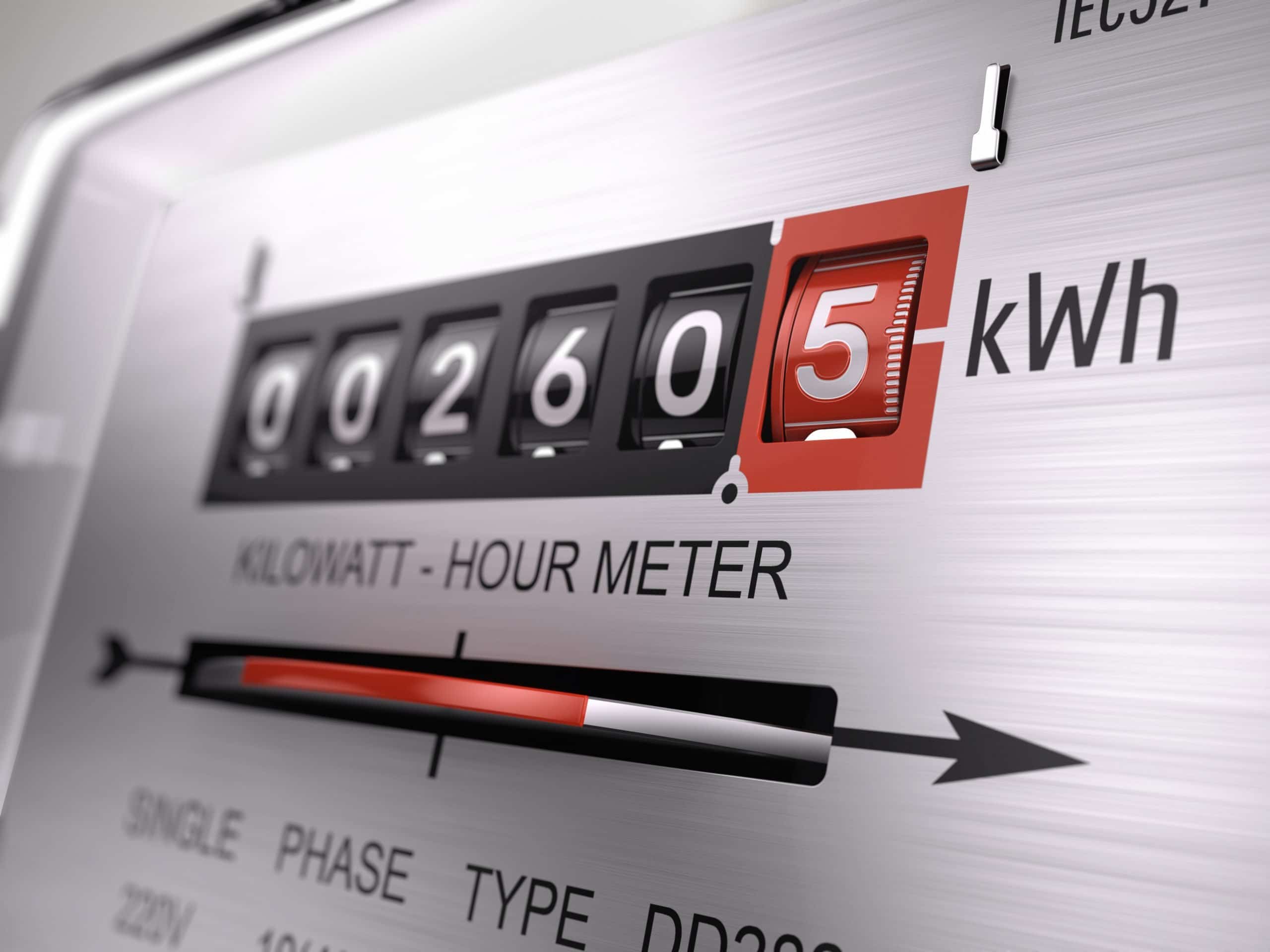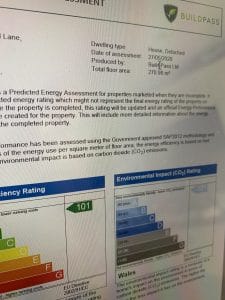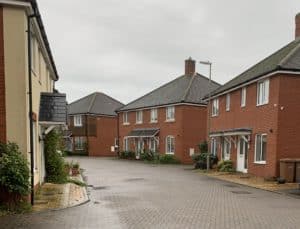A kilo-watt hour (kWh) is a measure of how much energy a property uses. But what does this actually mean, and how can you use it to measure your energy usage?
Have you ever looked at your electricity bill and felt a bit* (*a lot!) confused? We get it – we’ve been there! That’s where Kilo-watt hours (kWh) come in. KwH is the perfect way to easily understand your energy usage and figure out where you need to limit your future energy use to make your home as energy efficient as it can be.
So, what is a kilo-watt hour? A Kilo-watt hour helps electrical companies to measure how much energy is used within a property. kWh allows you to monitor your electrical and gas bills and understand how to find great deals when switching providers.
In this blog, we will go into depth on what a kWh is and how this affects your energy efficiency within your home.
What is a kilo-watt hour?
Kilo-watt hour (kWh) units are a great way to measure energy within the home. They’re based on watts (W) which measures the rate at which energy is produced or consumed in a period of time within the home. A kilowatt is globally recognised for measuring energy with one kilowatt equal to 1,000 watts.
When looking at one kilo-watt hour, this means one kilowatt of power was transferred or consumed in one hour. You usually pay for the electrical energy you use within your build by the kilowatt hour. This is useful information, because understanding your energy use will help you to make changes to your energy consumption and lower your electricity bill.
What is the difference between kW and kWh?
It’s important to understand the differences between kW and kWH when looking into your energy consumption within the home. Let’s break down the definitions to help.
A kilowatt is a measure of how much power an electric appliance consumes, whereas a Kilowatt-hour measures the energy an appliance uses in kilowatts per hour. Overall, KW reflects the rate of electricity you use and kWh indicates the amount of electricity you use. For example, if you are running a 2,000-watt appliance (such as a washing machine) you will only need to power it for 30 minutes to reach 1 kWh.
What typically takes around one kilo-watt hour?
It’s hard to pinpoint as every appliance can have different wattages, but here are some rough examples of what typically takes 1 kWh:
- Cooking in a 2,000 watt oven for half an hour
- Keeping a 200 – 400 watts fridge-freezer on for about three hours
- Less than an hour using a 1,000 – 1,500 dishwasher
- An electric blanket uses 1 kWh for each night of use.
- Using a 20 – 40 watts laptop all day
- Cooling off a room with one medium window air conditioner for 1 hour
- Brewing 12 pots of coffee
- Running a 60-watt light bulb from morning to the evening
How many kilo-watt hours should I be aiming for in a year?
How many kilo-watt hours you will use in a year all depends on circumstances, such as the size of your home, your family and the amount of time you spend within the home. For example, if you live alone in a small home and are out of the house regularly, you might use 2,000 kWh of electricity a year and 9,000 kWh of gas. Whereas a large four-bedroom house with five residents who stay at home regularly could amount to 4,900 kWh of electricity and 19,000 kWH of gas. There’s no right or wrong answer!
How can I reduce my kilo-watt hour usage?
Now that you understand what a kilo-watt hour is, how can you reduce your kilo-watt hour usage? There are a few methods you can implement into your home straight away and make your building more energy efficient.
- Turn your heating down
Heating is one of the biggest uses of energy in our homes. Of course, this will vary depending on the season so it’s harder to suggest a weekly saving; but, we recommend turning your central heating thermostat down by 1 degree to save around 25kWh per week.
- Don’t forget to turn off your lights
Even though it seems like a simple task, turning your lights off when leaving the room can save up to 0.95 kWh! You can also go the extra mile with energy-saving or LED efficient light bulbs as they are a lower wattage and use fewer kWhs.
- Consider Insulation within your home
Reduce your energy consumption by implementing draught excluders for outside doors, windows and letterboxes. We also recommend replacing all your old windows with double glazing/triple glazing as this can save you around a whopping £135 each year.
- Upgrade your boiler
If your boiler is more than 15 years old, look into replacing it with a new A-rated condensing boiler to really help lower your home’s kWH.
- Set your washing machine to 30 – 40 and try to naturally dry clothes
Washing your clothes at a lower temperature means you are able to limit your CO2 emissions and cut energy consumption which helps to save the planet. Did you know colder temperatures take better care of your fabrics – win win!
Overall, there are many ways to help reduce your energy usage within your home. For more tips and tricks, check out our 10 quick hacks to save energy during lockdown!
Are you looking for a way to improve your energy efficiency? Get in touch with Buildpass.
To find out more about how you can improve your energy efficiency within your home, please get in touch with a member of the team today and book in for a free consultation. We can’t wait to meet you!




















